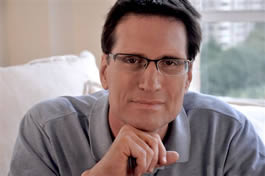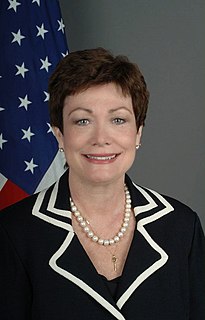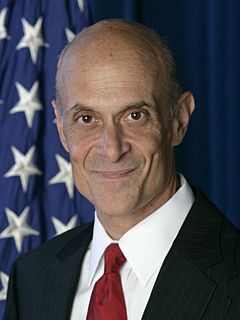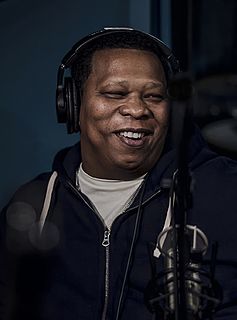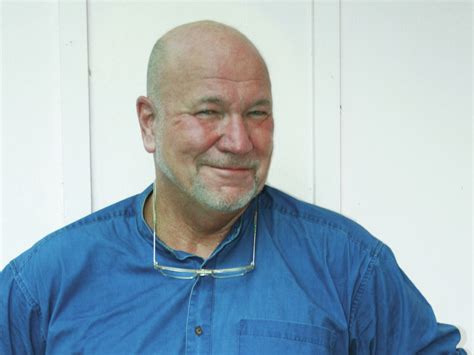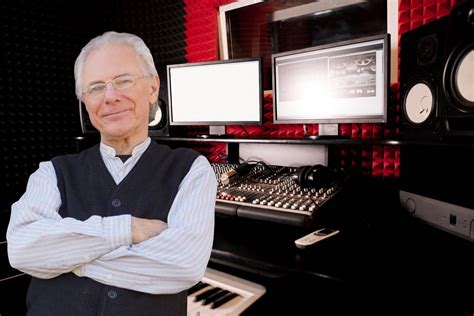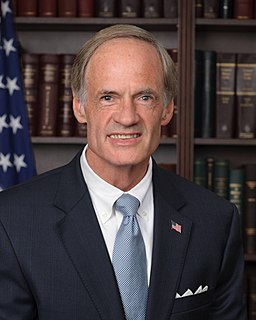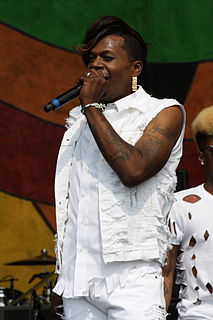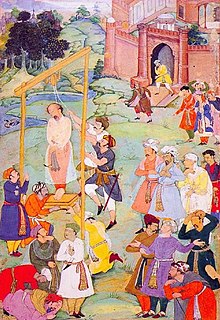A Quote by Dale Archer
I did live through Katrina and also Hurricane Rita, which hit Lake Charles. Interestingly, when Katrina hit, they evacuated and Lake Charles was one of the evacuation destinations. We opened up the civic center of the city to the evacuees and provided them free medical and psychiatric care there.
Related Quotes
It is safe to say that almost every person living in New Orleans at the moment Hurricane Katrina struck shared your belief in an omnipotent, omniscient, and compassionate God. But what was God doing while Katrina laid waste to their city? Surely He heard the prayers of those elderly men and women who fled the rising waters for the safety of their attics, only to be slowly drowned there.
